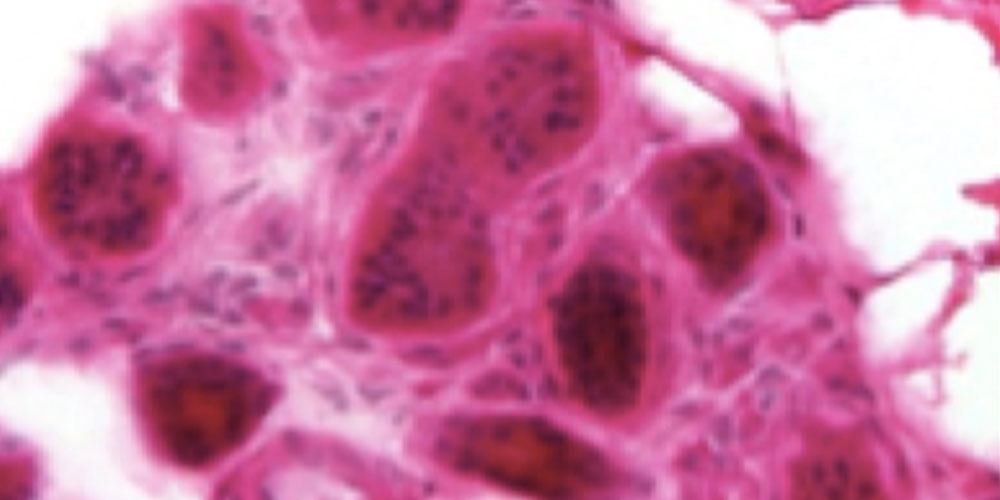Breast cancer breakthrough
A study led by Professor Justin Stebbing at Imperial College London has for the first time demonstrated how rapid growth of breast cells during pregnancy, allows expansion of existing mutated cells and contributes to pregnancy associated breast cancer risk. The research funded by Action Against Cancer shows that pregnancy in older women is a breast cancer risk too.
Results of whole genome sequencing on normal breast tissues have never been shown before. The findings contribute to growing evidence that age contributes to the accumulation of mutations in the healthy breast and contributes to breast cancer risk.
One of the unique features of the Imperial College study is that the team performed whole genome sequencing on the breast epithelial cells (the growing edge of an organ) and separately on the stroma (the cells that hold it together). Working with breast tissue is notoriously difficult because of the high fat content.
The study has been pre-printed online and can be viewed here.
It was also featured in The Telegraph.It is hoped that in future, if the age of the patient is deemed at higher risk for developing breast cancer, a surveillance programme could be implemented to closely monitor any changes in the breast after a late pregnancy and improve early cancer detection. Early diagnosis is very often key to successful cancer treatment.
Read more about this project here.
Back to 'News and Events' main menu
Other News and Events

Celebrities support AAC!
Action Against Cancer Ambassadors Julian and Cat O'Dell's live music fundraiser event Catfest has been a huge success over the past few years... Read more
Fundraise from your Facebook page!
You can now raise vital funds for life saving research right from your Facebook page. This is a really effective way to fundraise and is super easy... Read more
Big step closer to new drug
One of the first projects Action Against Cancer funded after establishing as a charity in 2011 resulted in the discovery of a cancer... Read more
